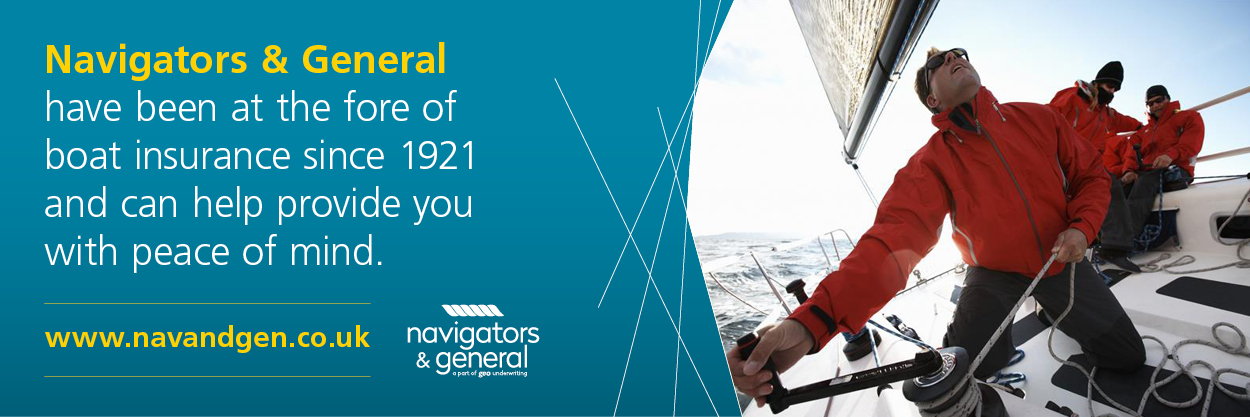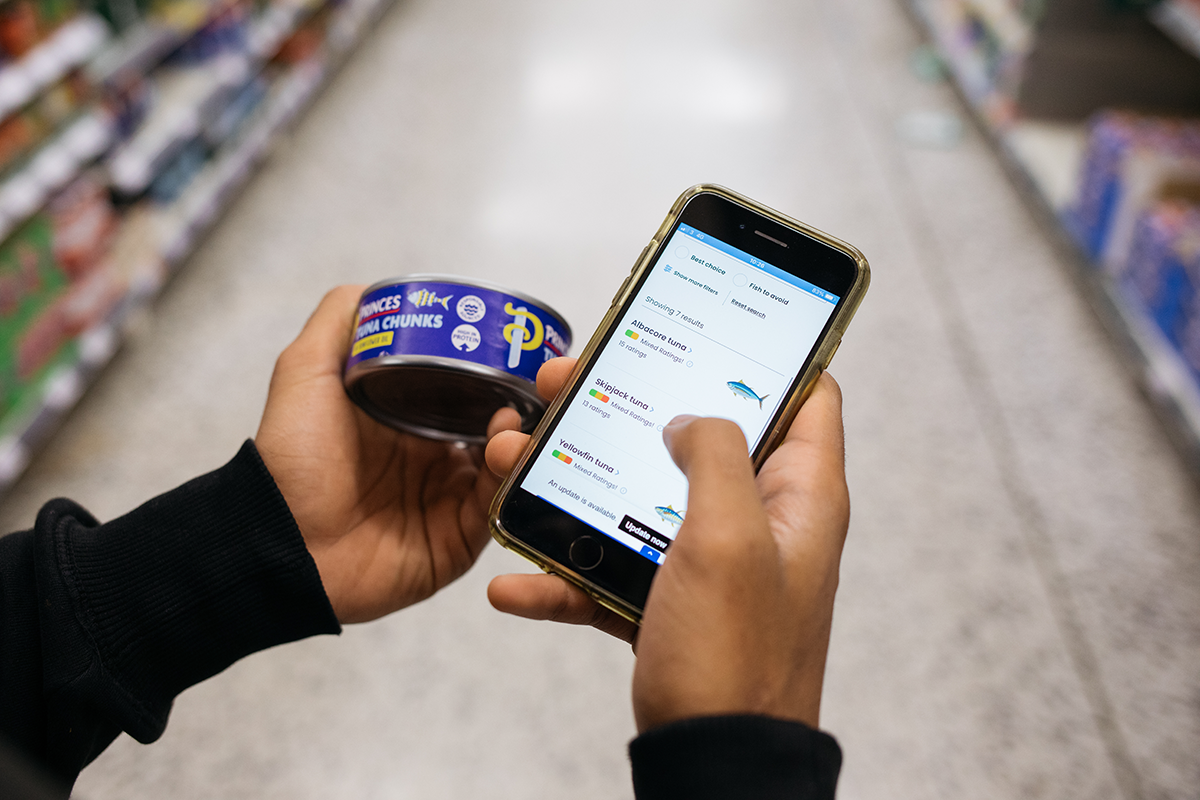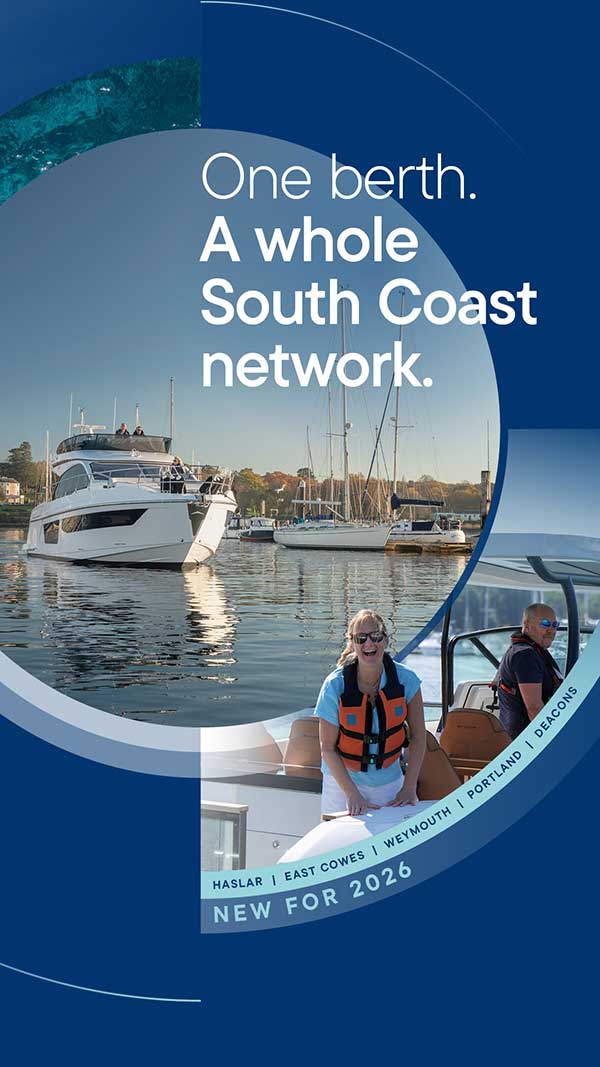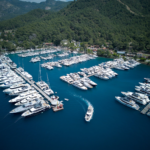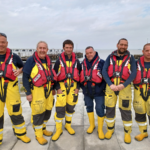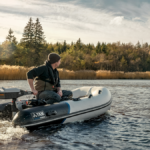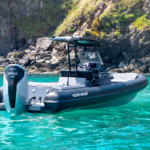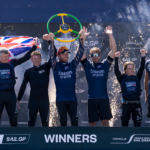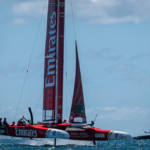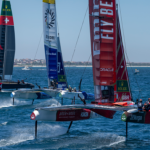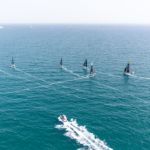The latest round of ratings updates for the Marine Conservation Society’s Good Fish Guide provides clear, practical advice for those looking to make more sustainable seafood choices.
The Good Fish Guide is the charity’s flagship tool for identifying sustainable seafood. The Guide uses a simple traffic light system to help consumers and businesses make sustainable seafood choices depending on where and how a species is caught or farmed. Covering seafood sold or produced in the UK, green are the ‘Best Choice’ most sustainable options, amber is an ‘OK choice’, but improvements are needed, and red indicates an unsustainable ‘Fish to Avoid’.
Chris Graham, Head of Ocean Regeneration and Sustainable Seafood at the Marine Conservation Society said: “In the UK, most of the seafood we eat comes from just five species, cod, haddock, salmon, tuna and prawns. Relying so heavily on just a few species puts a lot of strain on wild populations and farms and can lead to unsustainable fishing and seafood farming practices. By choosing sustainable and lesser-known alternatives, we can help reduce that pressure and support more responsible seafood production. These small and simple swaps, made at the checkout and when eating out, can have a big impact on the health of our ocean.”
Top sustainable seafood swaps
Swap cod for hake
The charity recommends swapping cod for European hake, wild-caught in UK seas. Similar to cod, hake has a meaty and flaky texture. This white fish can be swapped like-for-like in any recipe, and it’s great pan fried or in a stew. Thanks to good management and favourable environmental conditions, hake from the UK is an ocean-friendly choice.
Swap haddock for pollock
The charity recommends swapping haddock for Alaska pollock, wild-caught in Alaska. This white fish has a slightly milder flavour and lighter texture. Stocks of this species are plentiful, and it’s a budget-friendly choice, often found frozen in supermarkets as fishcakes or fish fingers.
Swap salmon for farmed rainbow trout
Salmon is the single most popular fish consumed in the UK, but its high demand has caused stocks of wild Atlantic salmon to drop dangerously low and as a result, this is now red-rated on the Good Fish Guide. Whilst some farmed salmon is a better choice, the charity recommends swapping salmon for farmed rainbow trout, which is an oily and delicate fish that makes for a less rich alternative to salmon. The sustainability of rainbow trout varies, so make sure to check where it’s sourced from before you buy – rainbow trout farmed in freshwater ponds and raceways is Best Choice.
Swap prawns for mussels
The Marine Conservation Society recommends swapping prawns for UK rope-grown mussels. These mussels are a seafood superhero, grown using low-impact methods and sustained entirely from the sea around them. This makes them one of the most ocean-friendly seafood options.
Visit the charity’s website to find how to prepare mussels.
Swap tuna for anchovies or sardines
The charity recommends swapping tuna for anchovies caught in the Bay of Biscay or sardines certified by the Marine Stewardship Council from the Celtic Sea or English Channel. Much like tuna, anchovies and sardines are both oily, fatty fishes packed full of omega-3 and nutrients. Available in tins and jars, they make for a healthy and convenient addition to your pantry and are a great replacement for tuna in a sandwich or salad.
Make sure to check the label for where the fish was caught and avoid sardines from the Bay of Biscay and anchovies from Portuguese waters.
The Marine Conservation Society’s work protecting the health of our ocean is made possible thanks to the vital funding raised by players of People’s Postcode Lottery.
Laura Chow, Head of Charities at People’s Postcode Lottery, said: “Protecting our ocean starts with the everyday choices we make, from what we eat to how we live. That’s why it’s fantastic that players of People’s Postcode Lottery are able to support the Marine Conservation Society’s Good Fish Guide, helping people make informed, sustainable seafood choices. This vital work is empowering more of us to take simple steps that protect marine life and ensure a healthier ocean for generations to come.”
Find the latest sustainable seafood advice for wild-caught and farmed seafood on the Good Fish Guide, downloadable to your phone from www.mcsuk.org/goodfishguide.







